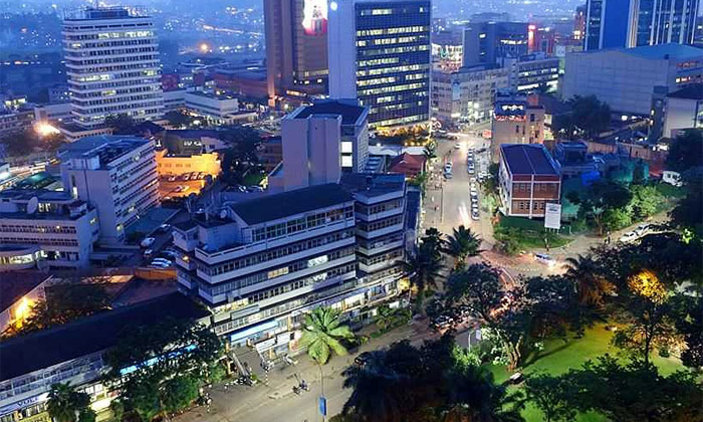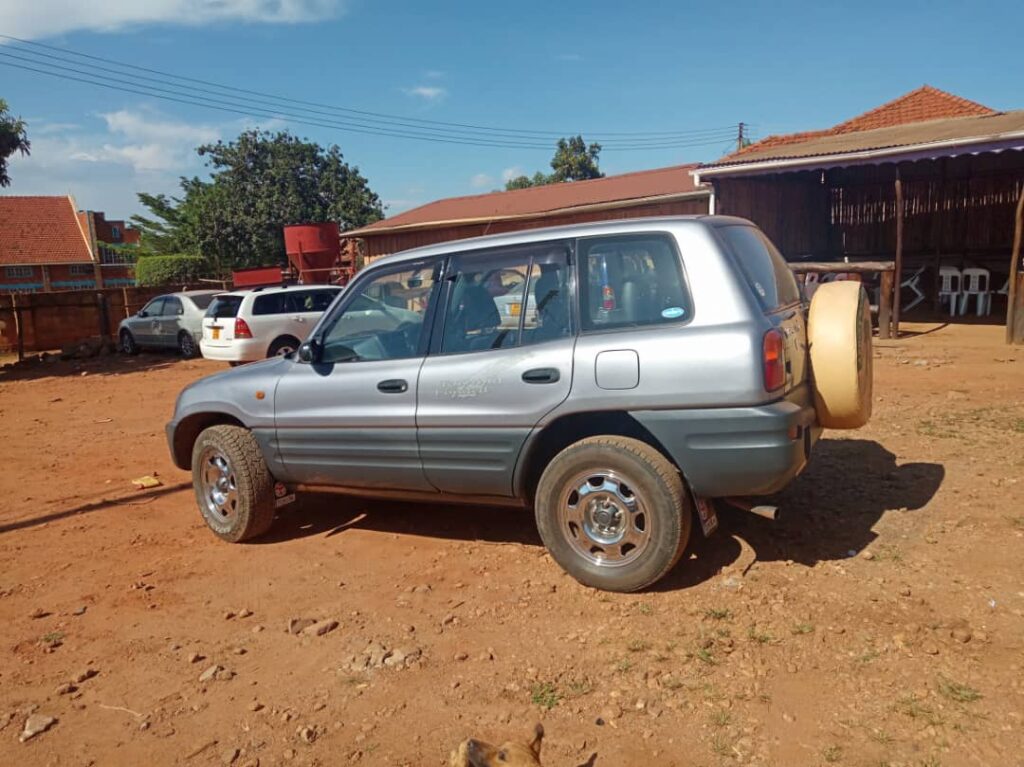
Uganda is a beautiful and diverse country, with a rich culture, breathtaking scenery, and fascinating wildlife. From the stunning shores of Lake Victoria to the towering Rwenzori Mountains, Uganda offers visitors a wide range of experiences to enjoy. But the question on many people’s minds is whether Uganda is a safe holiday destination for self drive.

The answer is yes, Uganda can be considered a relatively safe holiday destination. The country has made great strides in improving security and stability in recent years, and the government has taken steps to address issues such as crime and terrorism. However, like any other destination, there are still some risks to be aware of.
Petty Crime
One of the main risks in Uganda is petty crime, such as pickpocketing and theft, especially in urban areas like Kampala. Visitors should take precautions such as keeping their valuables secure and not carrying large amounts of cash. It is also important to be aware of your surroundings and avoid walking alone at night, especially in unfamiliar areas.
The good news is that the Ugandan government has taken steps to combat crime, with increased police patrols in tourist areas and improvements in security measures at hotels and other accommodations. In addition, many tourist attractions have their own security measures in place, such as trained guards and surveillance cameras.
Terrorism and Civil unrest
Another concern for visitors to Uganda is terrorism and civil unrest. While the country has experienced some major terrorist attacks in recent years, it is nothing to worry about since by the time all this happened, the alerts were already out. All the terrorist attacks that Uganda has registered have been in Kampala.
Visitors should check the current situation before traveling to these areas and follow the advice of local authorities and their embassy.
The Ugandan government has also taken steps to address the issue of civil unrest. All civil unrested has been relegated to outside the borders of Uganda. However, there was an incidence of cattle rustling in northern Uganda but it has been curbed.
Uganda is Safe
Despite these concerns, Uganda remains a popular destination for tourists, particularly those interested in wildlife safaris and gorilla trekking. The country is home to a wide variety of wildlife, including elephants, lions, and hippos, as well as endangered species like the mountain gorilla. Visitors can also experience the vibrant culture of Uganda, with traditional dances, music, and cuisine.
One of the most popular destinations in Uganda is Bwindi Impenetrable National Park, home to around half of the world’s remaining mountain gorillas. While gorilla trekking can be a challenging experience, it is also incredibly rewarding, allowing visitors to observe these magnificent creatures up close in their natural habitat.
![]()
Another popular activity in Uganda is wildlife safaris, with several national parks offering opportunities to see a variety of animals in their natural habitats. Queen Elizabeth National Park, for example, is home to elephants, lions, hippos, and a variety of bird species, while Murchison Falls National Park offers the chance to see giraffes, buffaloes, and even the rare shoebill stork.
In addition to its natural attractions, Uganda also offers visitors the chance to experience its rich cultural heritage. The country is home to over 50 different ethnic groups, each with its own unique traditions and customs. Visitors can learn about traditional music, dance, and dress, as well as sample local cuisines such as matooke (steamed green bananas) and groundnut stew.
Overall, Uganda is a beautiful country with much to offer tourists. While there are some risks to be aware of, visitors who take the necessary precautions can enjoy a safe and rewarding holiday. It is always a good idea to stay informed and do your research before traveling to any destination, and to follow the advice of local authorities and your embassy. With its stunning landscapes, incredible wildlife, and rich cultural heritage, Uganda is a destination not to be missed.



